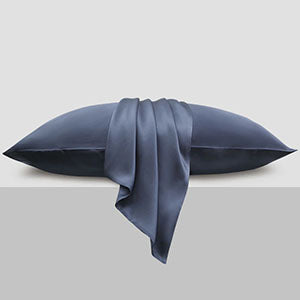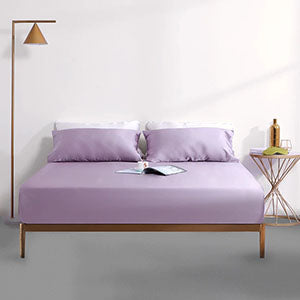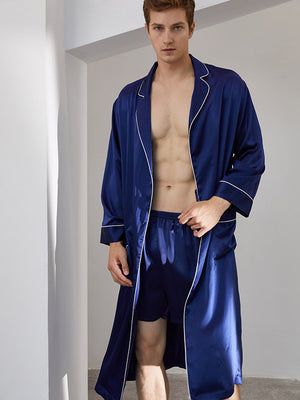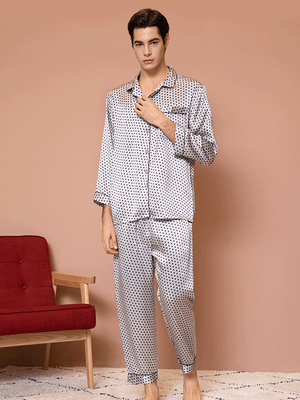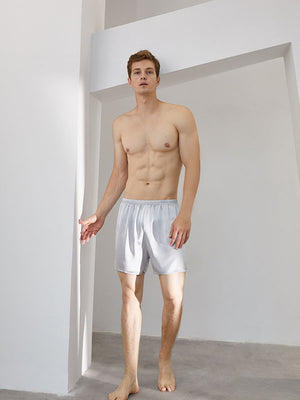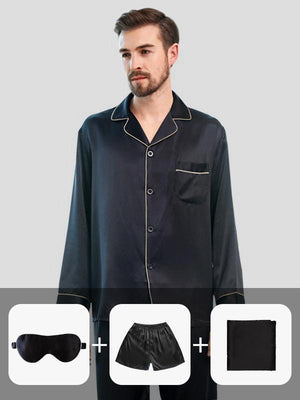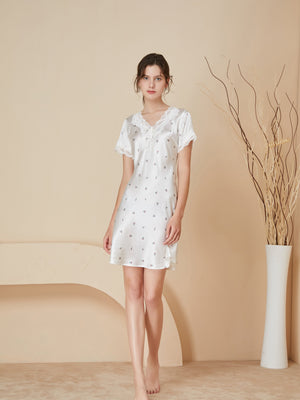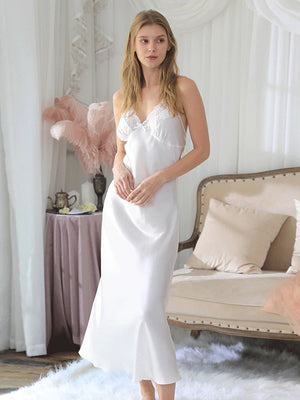Is Silk Pillowcase Good for Acne? Exploring the Benefits and Drawbacks
- par {{ author }} wangfred
-

If you struggle with acne, you’ve likely tried countless products and remedies to achieve clearer skin. But have you considered swapping your cotton pillowcase for silk? The idea of a silk pillowcase as a skincare secret has gained traction, but does it hold up under scrutiny? Let’s dive into the relationship between silk fabric and acne-prone skin.
The Science Behind Fabric and Skin Health
Your pillowcase interacts with your skin for hours every night. The fabric’s texture, absorbency, and breathability influence oil production, friction, and bacterial growth—all factors tied to acne. Here’s how silk compares to other materials:
Friction Reduction
Silk’s smooth surface creates less friction than cotton or polyester, which may reduce irritation that exacerbates breakouts. Less tugging on the skin also means fewer microtears that could let bacteria penetrate pores.
Moisture Retention
Unlike moisture-wicking fabrics, silk helps maintain skin hydration overnight. While this benefits dry skin, those with oily complexions might worry about excess oil buildup.
Bacterial Growth
Silk’s natural protein structure contains sericin, which has mild antimicrobial properties. However, proper cleaning remains crucial, as any fabric can harbor bacteria over time.
Benefits of Silk for Acne-Prone Skin
Advocates highlight several potential advantages for those battling breakouts:
Reduced Irritation
The smooth texture minimizes rubbing that can spread acne-causing bacteria across the face. This is particularly beneficial for inflammatory acne lesions.
Temperature Regulation
Silk’s breathability helps prevent night sweats that might clog pores, creating a less hospitable environment for acne formation.
Skincare Product Preservation
Less absorbent than cotton, silk allows topical treatments to remain on skin rather than soaking into fabric, potentially enhancing their effectiveness.
Potential Drawbacks to Consider
While promising, silk pillowcases aren’t a universal solution:
Cost vs. Effectiveness
High-quality silk comes at a premium price. Those with severe acne may need more aggressive treatments beyond fabric changes.
Cleaning Requirements
Silk demands gentle washing with specific detergents. Improper care could negate benefits through residue buildup or fabric degradation.
Individual Variability
Some users report increased breakouts initially, possibly due to adjustment periods or sensitivity to silk proteins.
Comparison With Other Fabrics
Understanding how silk stacks up against alternatives helps make informed decisions:
Silk vs. Satin
While satin offers similar smoothness, synthetic versions lack silk’s natural temperature-regulating properties. Breathability varies significantly between materials.
Silk vs. Bamboo
Bamboo fabric boasts natural antimicrobial properties but tends to be more absorbent. The choice depends on whether moisture retention or absorption is preferable.
Silk vs. Cotton
Traditional cotton provides breathability but creates more friction. High-thread-count varieties may offer a middle ground for some users.
Expert Tips for Maximum Benefit
To optimize results from a silk pillowcase:
Cleaning Routine
Wash every 3-4 days using hypoallergenic detergent. Avoid fabric softeners that might clog silk’s natural fibers.
Skincare Synergy
Pair with non-comedogenic moisturizers to balance silk’s moisture-retaining properties without causing pore congestion.
Pillowcase Replacement
Replace every 6-12 months, as silk fibers break down over time, reducing their beneficial properties.
The Verdict From Dermatologists
Skin professionals emphasize that while silk may help reduce acne triggers, it should complement—not replace—medical treatments. Those with fungal acne or severe cystic breakouts may require additional interventions regardless of bedding choices.
Could this luxurious fabric be the missing piece in your skincare routine? For many, the combination of reduced irritation and better product absorption makes silk pillowcases worth trying—but manage expectations. Pair this switch with proven acne-fighting habits for the best shot at clearer skin mornings.
